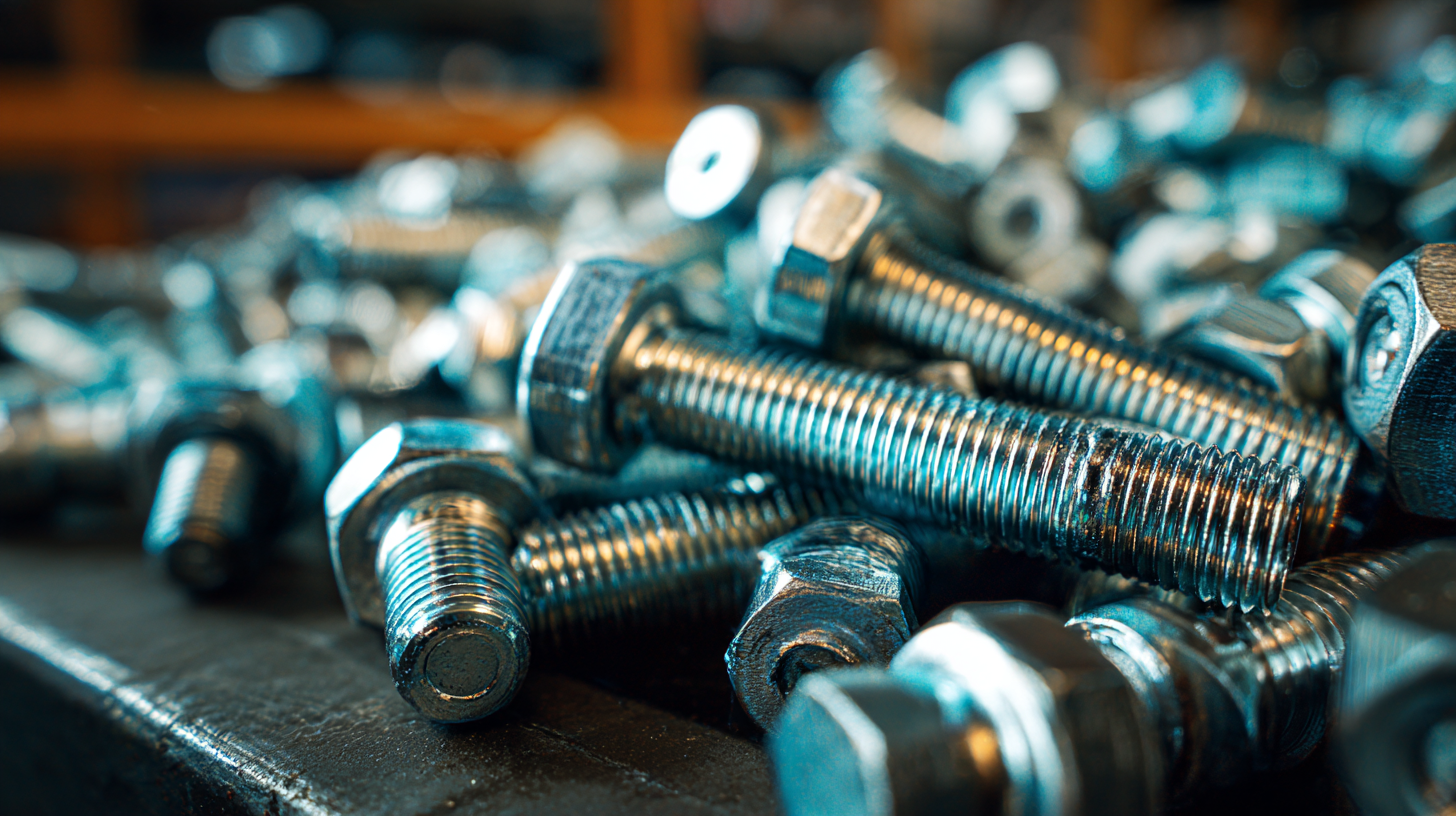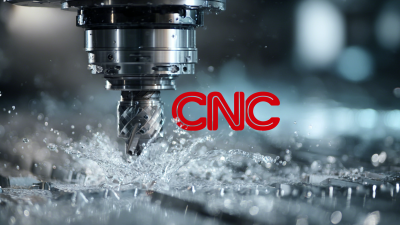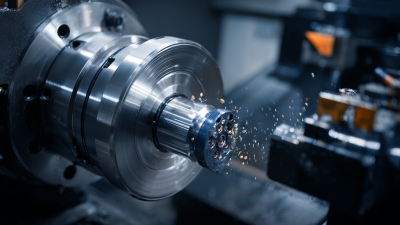
- sales@bjbod.com
- Mon - Sat at 7:00AM to 9:00PM

In today's fast-paced manufacturing landscape, sourcing high-quality CNC bolts is paramount for ensuring the durability and reliability of your products. As businesses increasingly rely on precision engineering, choosing the right CNC bolts can significantly impact assembly efficiency and product longevity. This ultimate guide aims to illuminate the process of procuring the best CNC bolts tailored to your specific business needs.
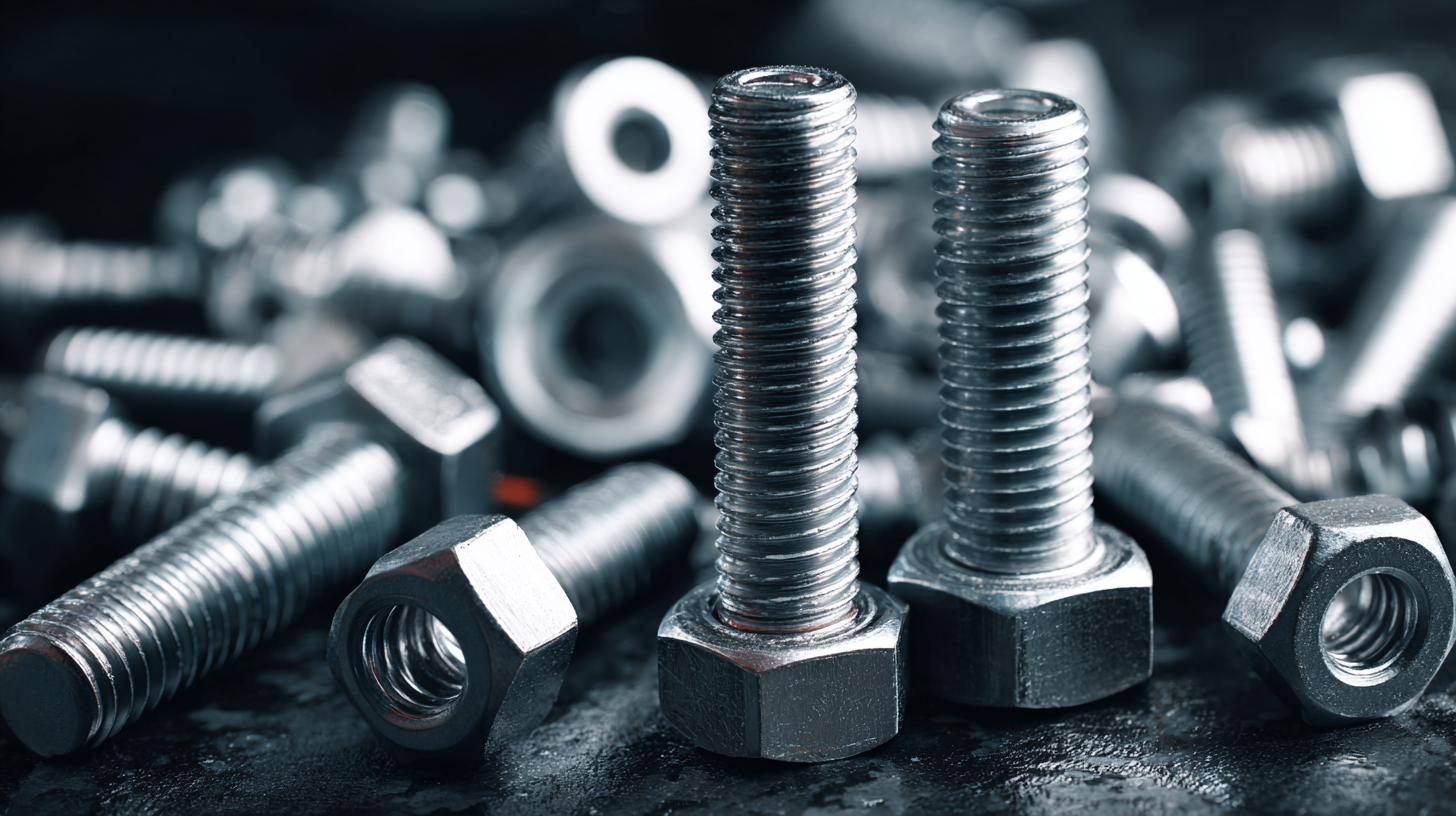
Whether you're a small workshop or a large-scale manufacturer, understanding the nuances of CNC bolt selection—ranging from materials and coatings to thread types and sizes—will empower you to make informed decisions that elevate your production standards. Join us as we delve into the essential criteria and best practices for sourcing high-quality CNC bolts that not only meet stringent industry standards but also enhance your operational efficiency.
When sourcing CNC bolts for industrial applications, it’s crucial to understand the different types available. Common types include socket head, hex head, and button head bolts, each tailored for specific functions and environments.
Socket head bolts, for example, offer high torque and are excellent for tight spaces, while hex head bolts are versatile and widely used due to their ease of installation.
Button head bolts provide aesthetic appeal and a lower profile, making them ideal for applications where clearance is an issue.
Tip 1: Always consider the material composition of the bolts. Stainless steel is often preferred for its corrosion resistance, while alloy steel may provide increased strength for heavy-duty applications. Assess the working environment to choose the best material.
Tip 2: Pay attention to specifications such as thread pitch and diameter. Choosing the right size is essential for ensuring a secure fit, which directly affects the integrity of your assembly. If unsure, consult with your supplier for expert advice on the best specifications for your needs.
When sourcing CNC bolts for your business, understanding the key factors that influence quality and suitability is crucial. First and foremost, consider the material composition of the bolts. High-quality CNC bolts are typically made from durable materials like stainless steel or titanium, which offer excellent strength and corrosion resistance. Ensure that the material meets the specific requirements of your projects to guarantee longevity and performance.
Another vital factor is the precision of manufacturing. Look for suppliers that utilize advanced CNC machining technology, as this ensures tighter tolerances and improved dimensional accuracy. High precision not only enhances the performance and fit of the bolts but also reduces the risk of assembly issues down the line.
Tips: Always request sample bolts before making a large purchase to evaluate their quality firsthand. Additionally, establish a good communication channel with your supplier to address any concerns regarding customization, lead times, and technical specifications. This proactive approach will help ensure that you receive the best possible products tailored to your business needs.
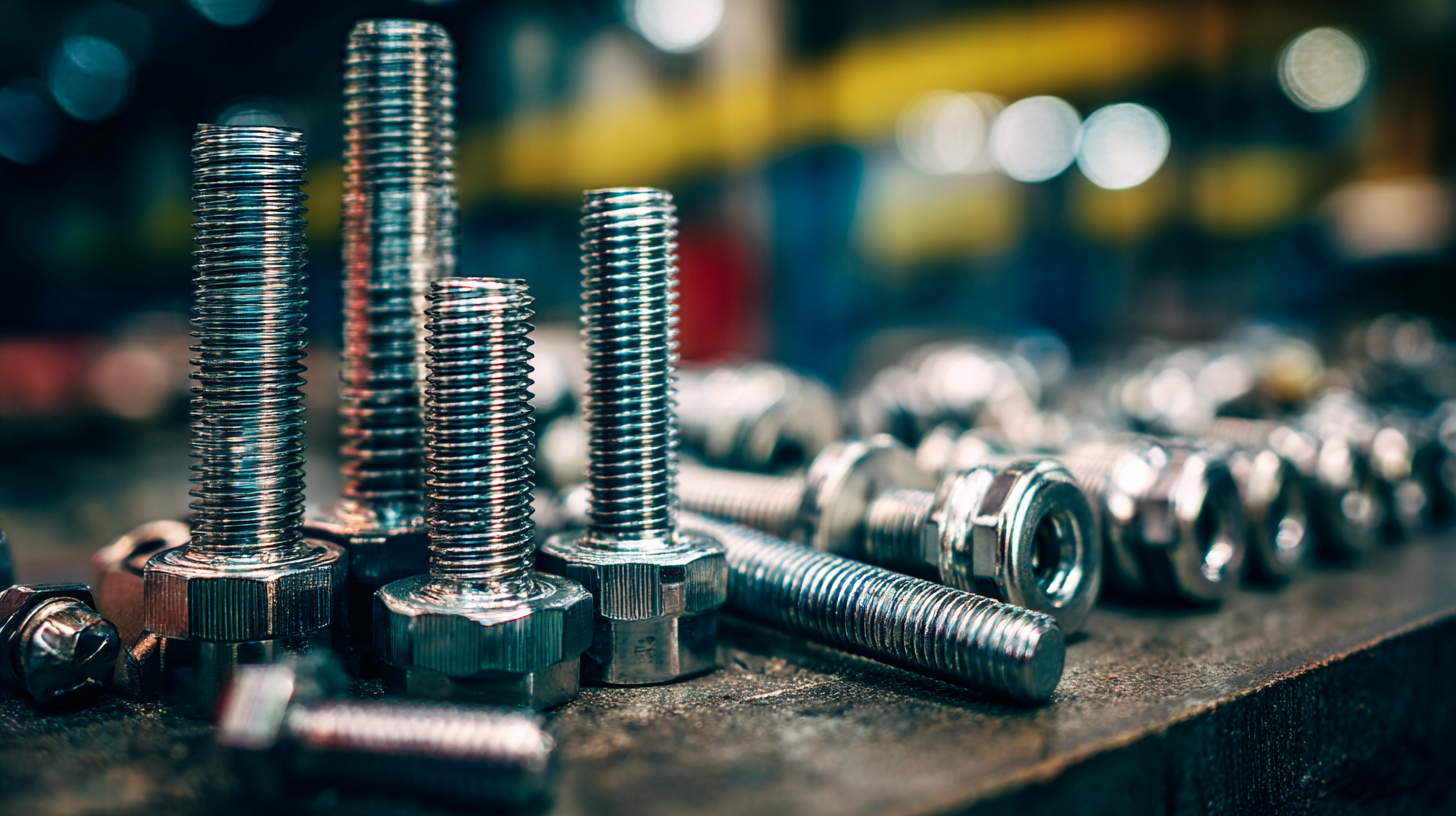 When it comes to sourcing high-quality CNC bolts for your business, the material you choose is pivotal to ensuring performance and longevity. Steel is a popular choice due to its strength and durability. It is widely available and relatively cost-effective, making it an excellent option for applications that require robust fastening solutions. However, steel may be prone to corrosion if not properly coated or treated, which is crucial for environments with moisture or harsh chemicals.
When it comes to sourcing high-quality CNC bolts for your business, the material you choose is pivotal to ensuring performance and longevity. Steel is a popular choice due to its strength and durability. It is widely available and relatively cost-effective, making it an excellent option for applications that require robust fastening solutions. However, steel may be prone to corrosion if not properly coated or treated, which is crucial for environments with moisture or harsh chemicals.
Aluminum CNC bolts offer a different set of advantages, particularly in weight-sensitive applications. They are significantly lighter than steel, making them ideal for industries such as aerospace and automotive, where reducing weight can lead to improved efficiency and performance. On the downside, aluminum bolts may not carry the same load-bearing capacity as their steel counterparts, so careful consideration is necessary based on the specific demands of your project.
Titanium bolts stand out for their exceptional strength-to-weight ratio and incredible corrosion resistance, making them suitable for high-performance environments, including marine and medical applications. Although they tend to be more expensive, their durability and reliability can justify the investment in high-stakes use cases. Ultimately, selecting the right material for CNC bolts hinges on understanding your specific requirements and balancing factors such as weight, strength, cost, and environmental conditions.
When sourcing CNC bolts, assessing their quality before making a purchase is crucial for ensuring reliability and performance in your operations. Research indicates that substandard bolts are responsible for nearly 30% of mechanical failures in industrial applications (Source: Industry Mechanical Failure Report, 2022). To begin the quality assessment, you should first consider the material used in the production of the bolts. High-grade materials such as titanium or stainless steel not only enhance strength but also offer excellent resistance to corrosion, making them suitable for various environmental conditions.
Another critical factor to evaluate is the precision of the machining process. According to a 2023 study by the Precision Manufacturing Association, CNC bolts produced with tighter tolerances significantly improve overall assembly quality and longevity. Look for suppliers who provide detailed specifications and certification documents that showcase their manufacturing processes. Additionally, conducting visual inspections for surface imperfections and thread consistency can further ensure that the bolts meet your standards for quality and durability. By following these guidelines and leveraging relevant industry data, you can make informed decisions that enhance the integrity of your machining projects.
| Dimension (mm) | Material | Surface Treatment | Grade | Tensile Strength (MPa) | Price ($) |
|---|---|---|---|---|---|
| M6 x 20 | Stainless Steel | Zinc Plated | A2-70 | 700 | 0.15 |
| M8 x 30 | Carbon Steel | Black Oxide | 8.8 | 800 | 0.25 |
| M10 x 40 | Alloy Steel | Galvanized | 10.9 | 1000 | 0.35 |
| M12 x 50 | Stainless Steel | Passivated | A4-80 | 900 | 0.50 |
When sourcing high-quality CNC bolts for your business, identifying top suppliers and manufacturers is crucial. According to a recent industry analysis by Grand View Research, the global market for CNC machining is projected to reach USD 100 billion by 2025, growing at a compound annual growth rate (CAGR) of 6.1%. This growth underscores the increasing demand for precision components like CNC bolts, which are vital in various applications, including automotive, aerospace, and medical devices.
Leading suppliers such as Fastenal and MSC Industrial Direct not only provide a diverse selection of CNC bolts but also emphasize quality assurance through rigorous testing and certifications. For instance, companies that achieve ISO 9001 certification demonstrate a commitment to consistent quality and customer satisfaction. Additionally, recent data from MarketWatch highlights that around 70% of businesses now prioritize sourcing from suppliers that can guarantee consistency in product quality, making it essential to partner with reputable manufacturers who uphold these standards.
